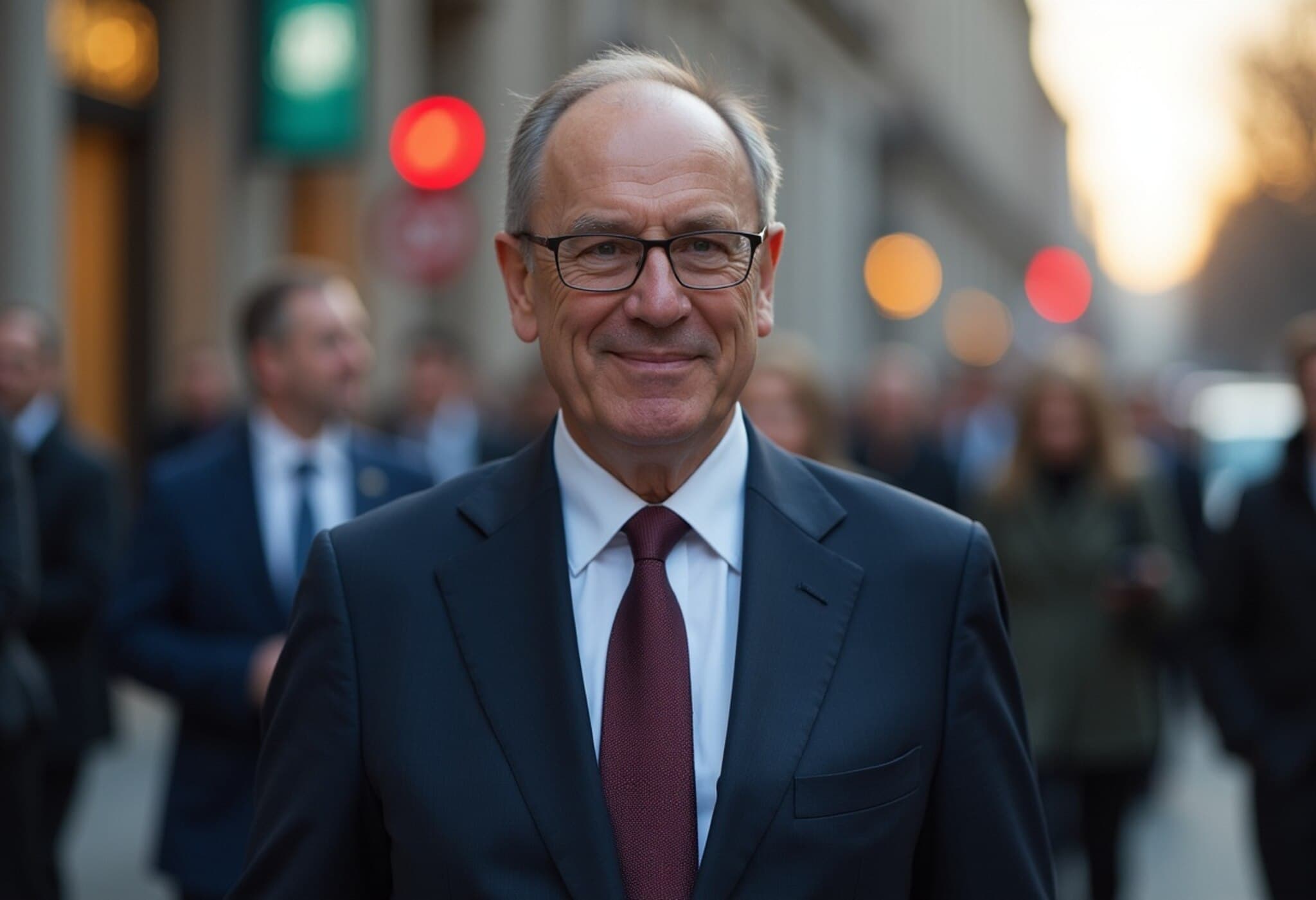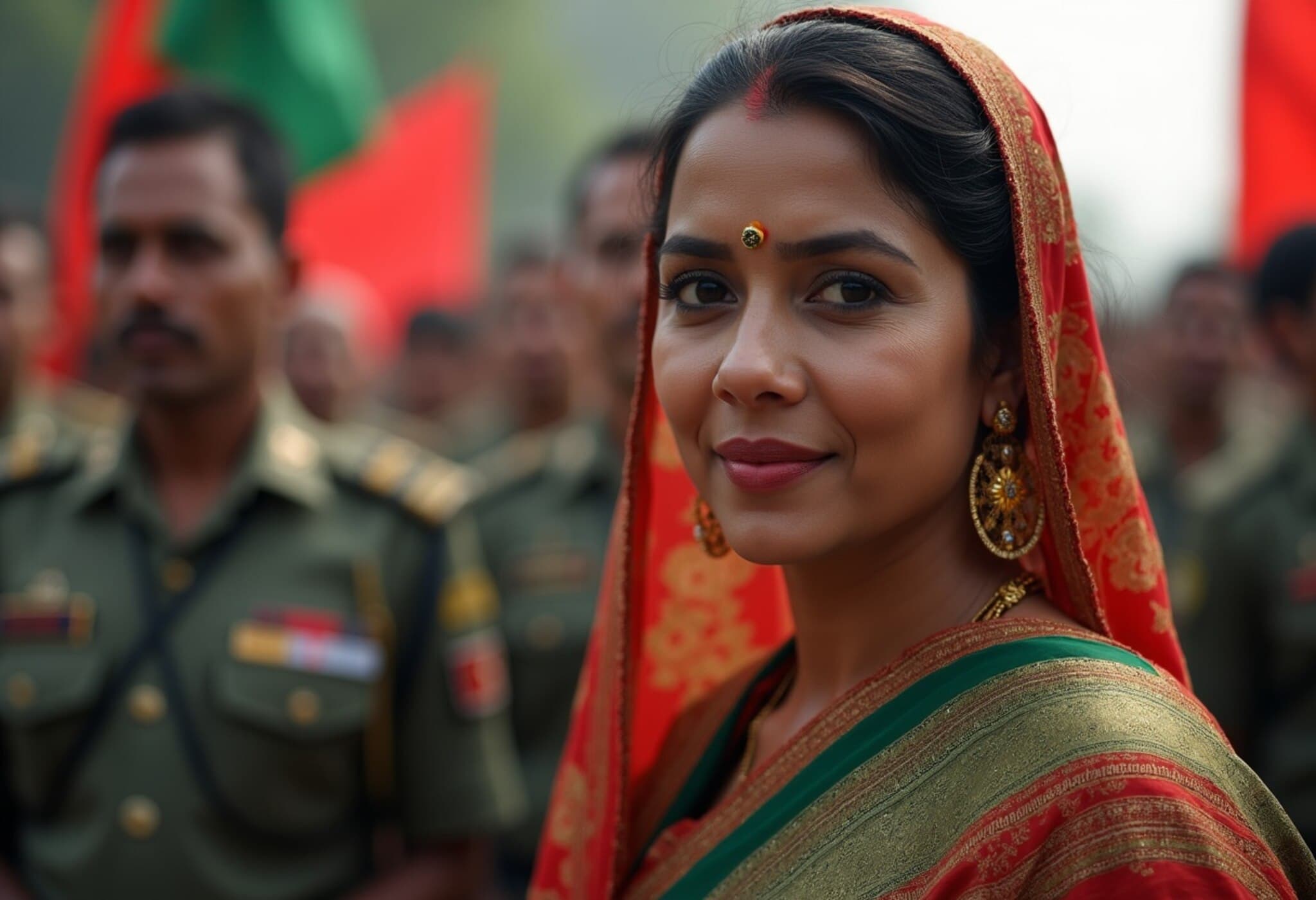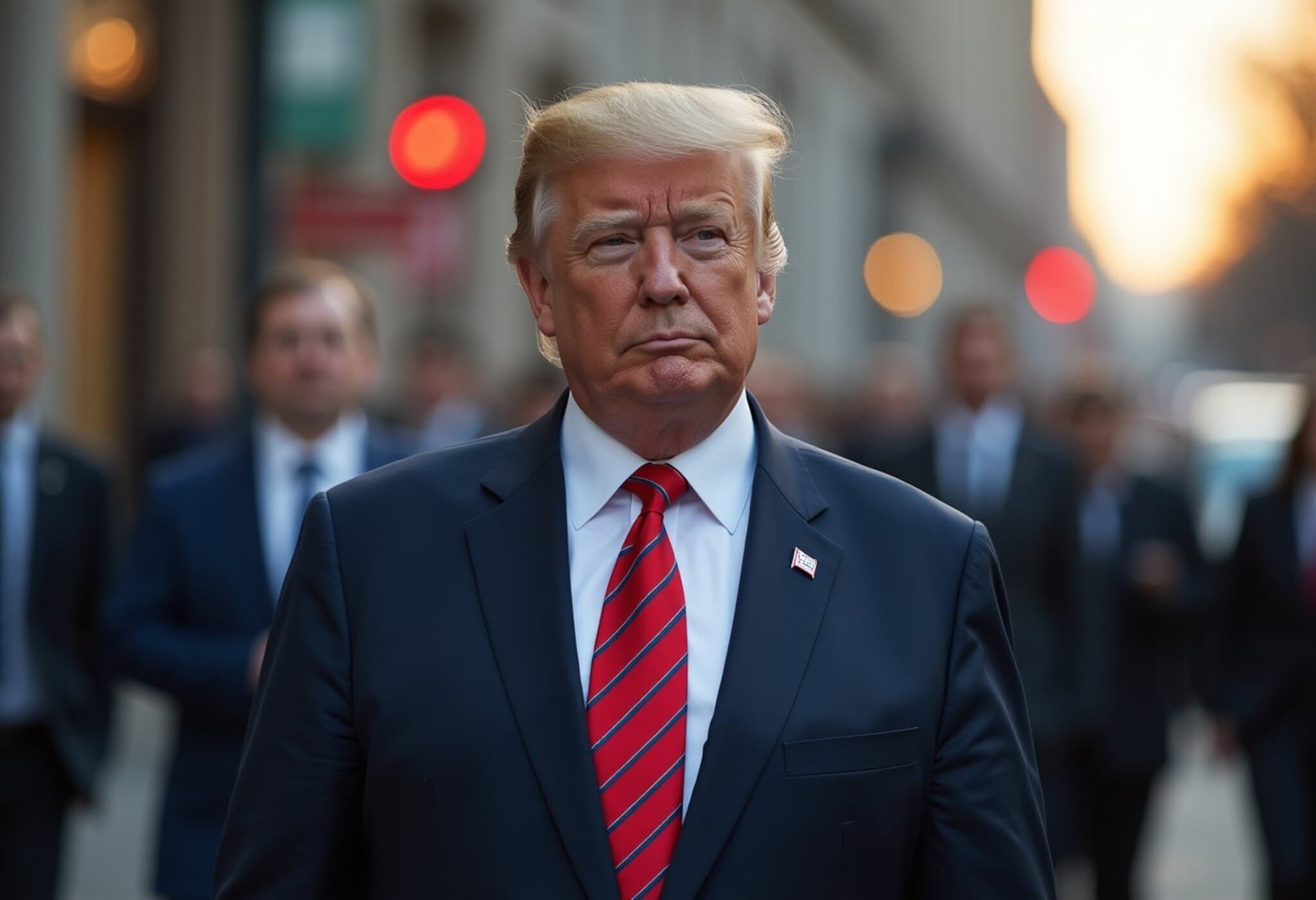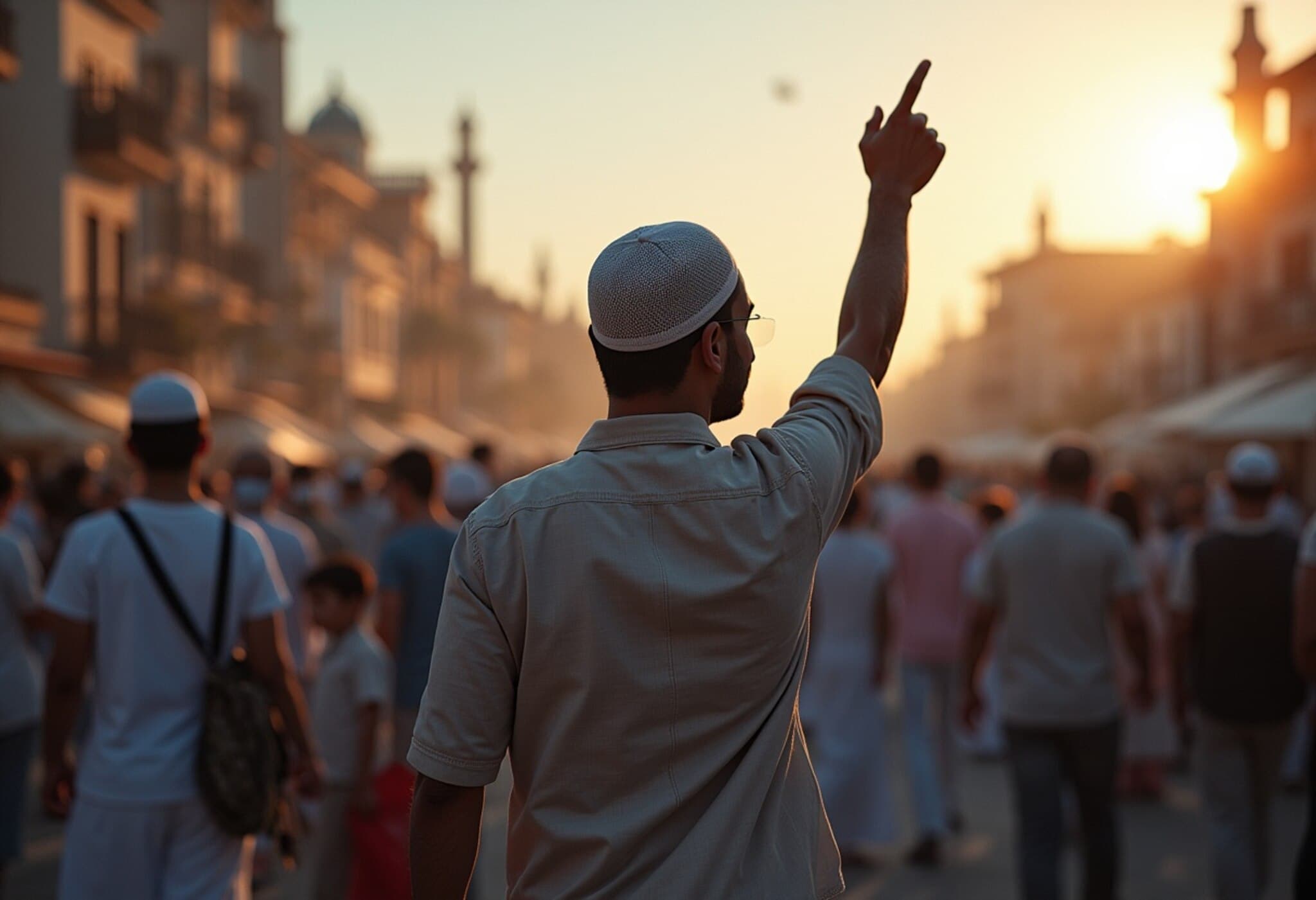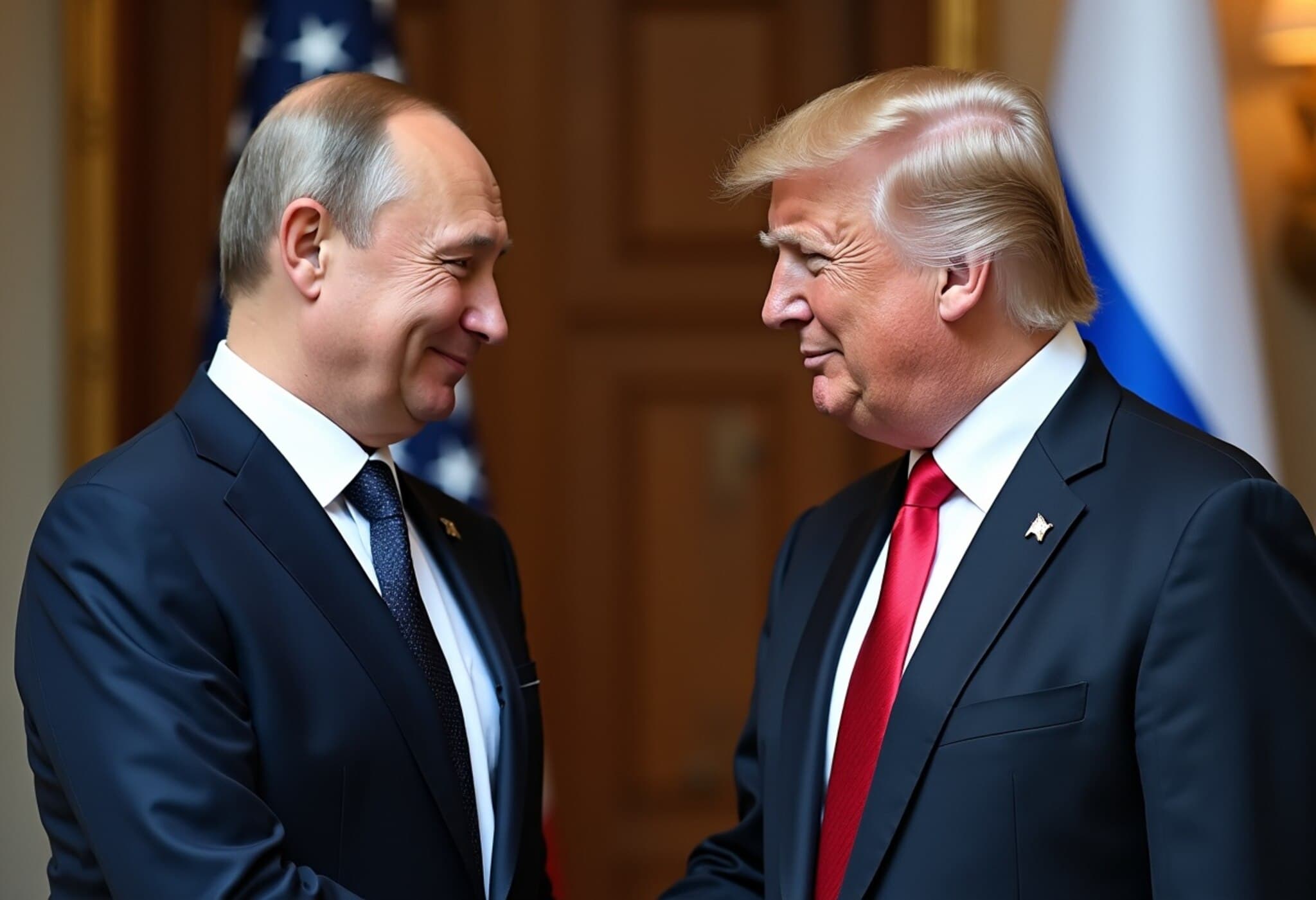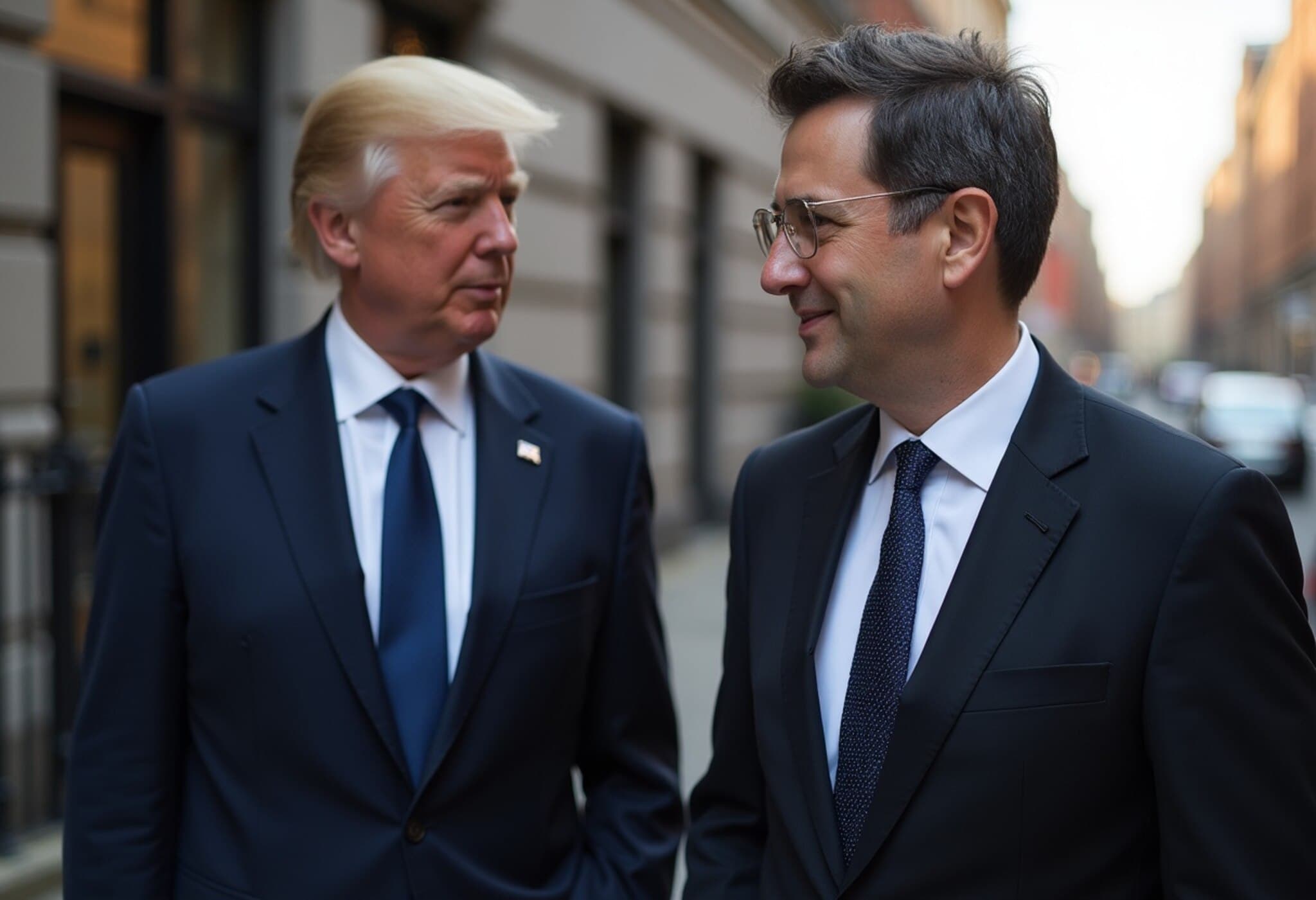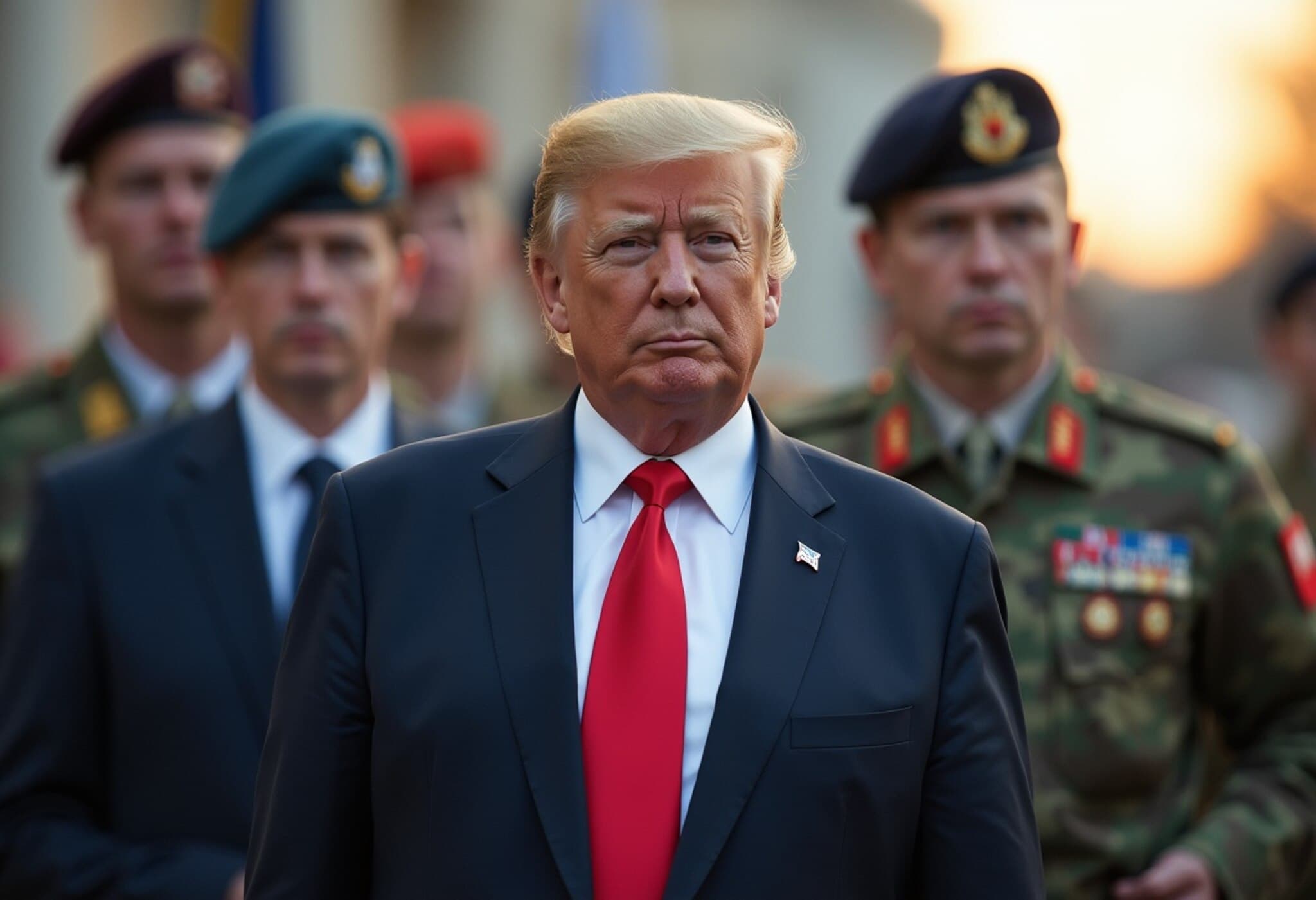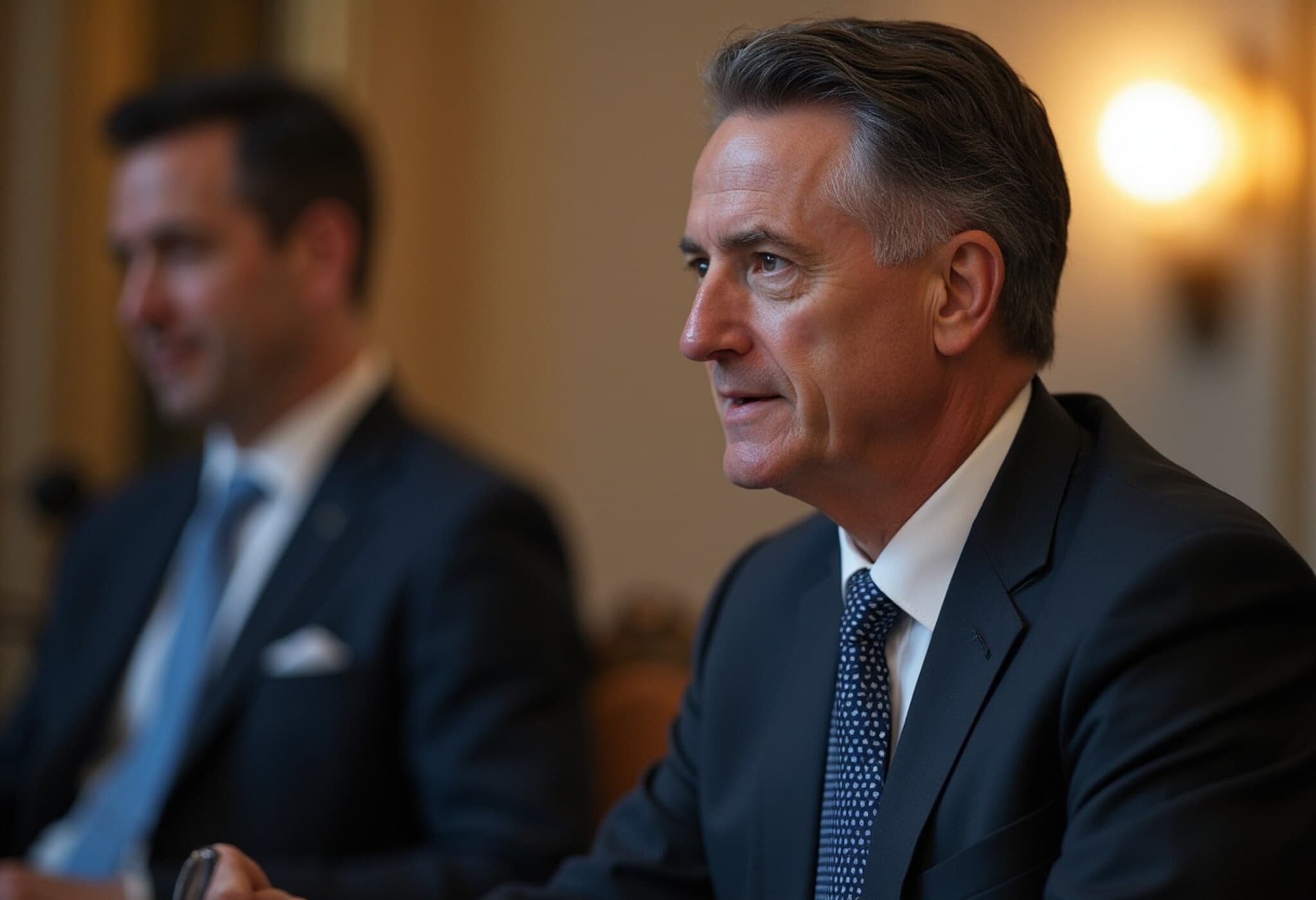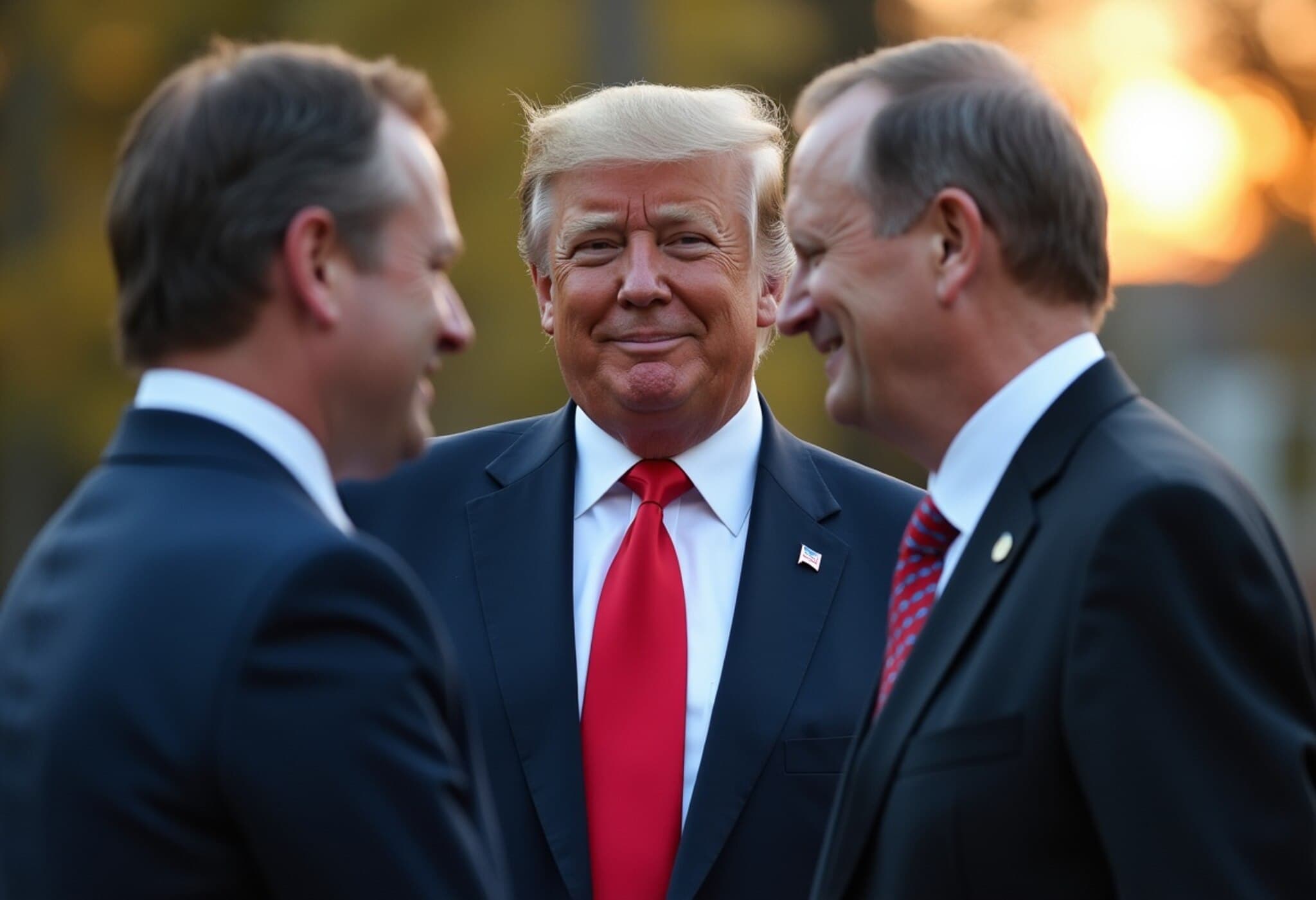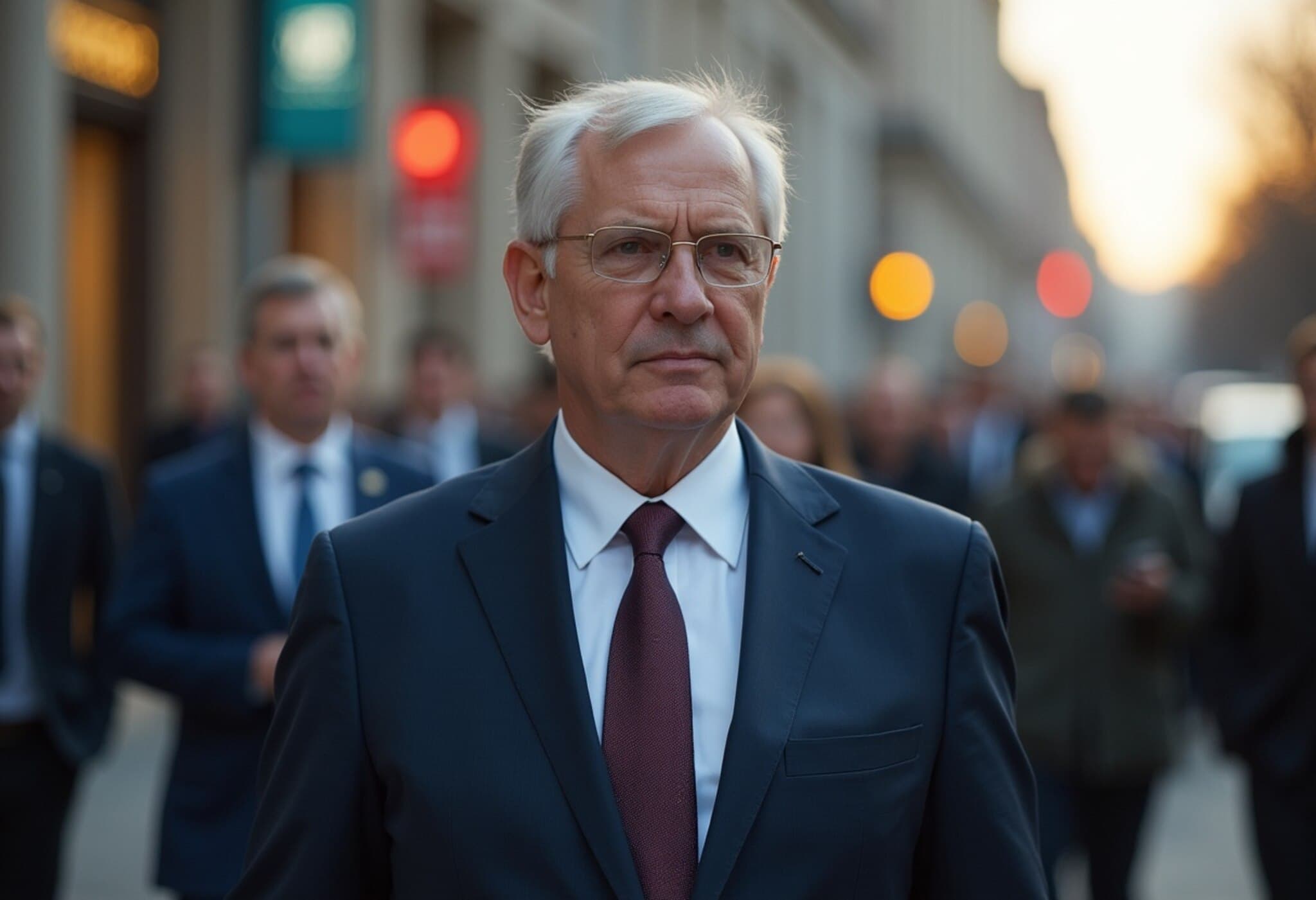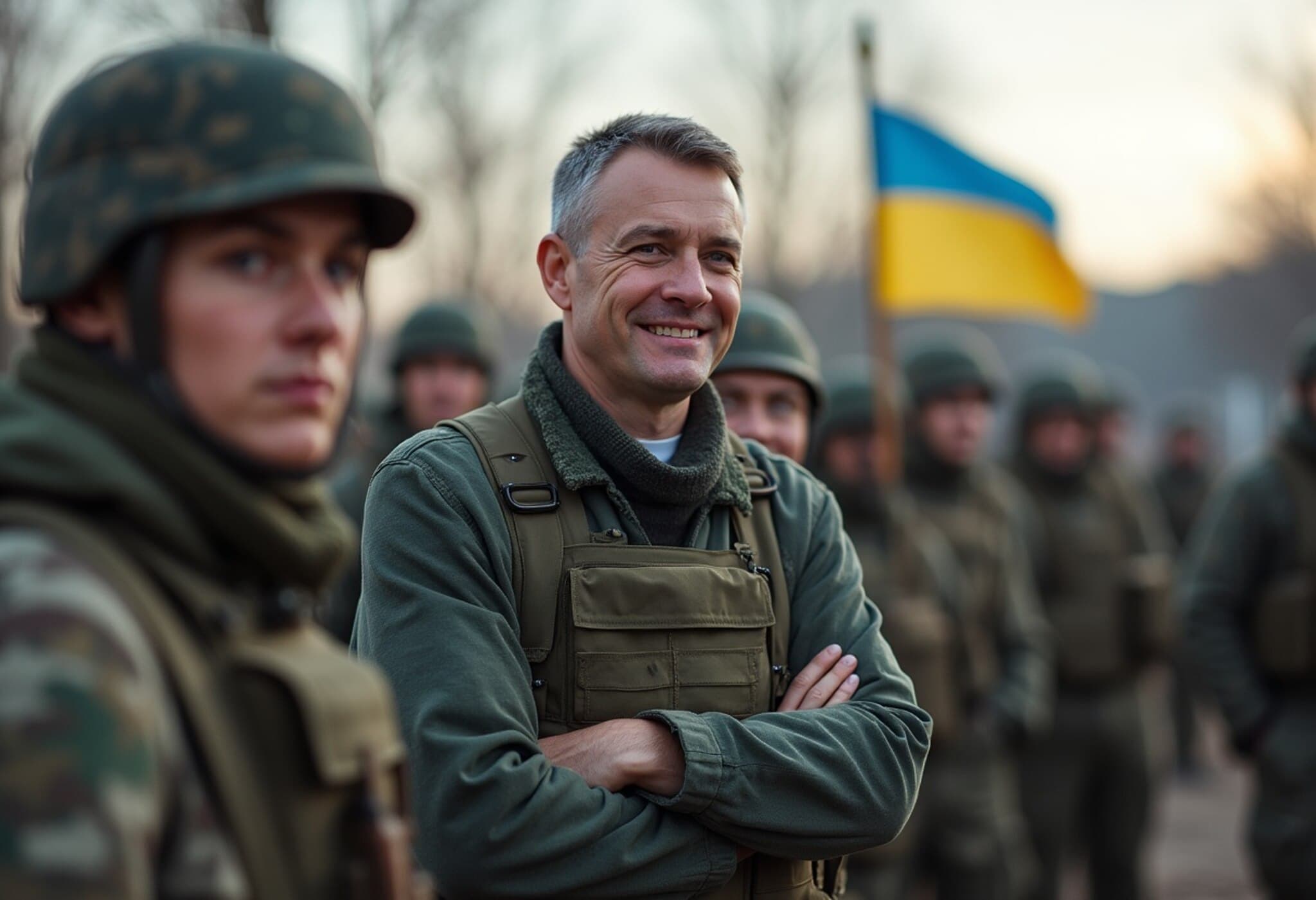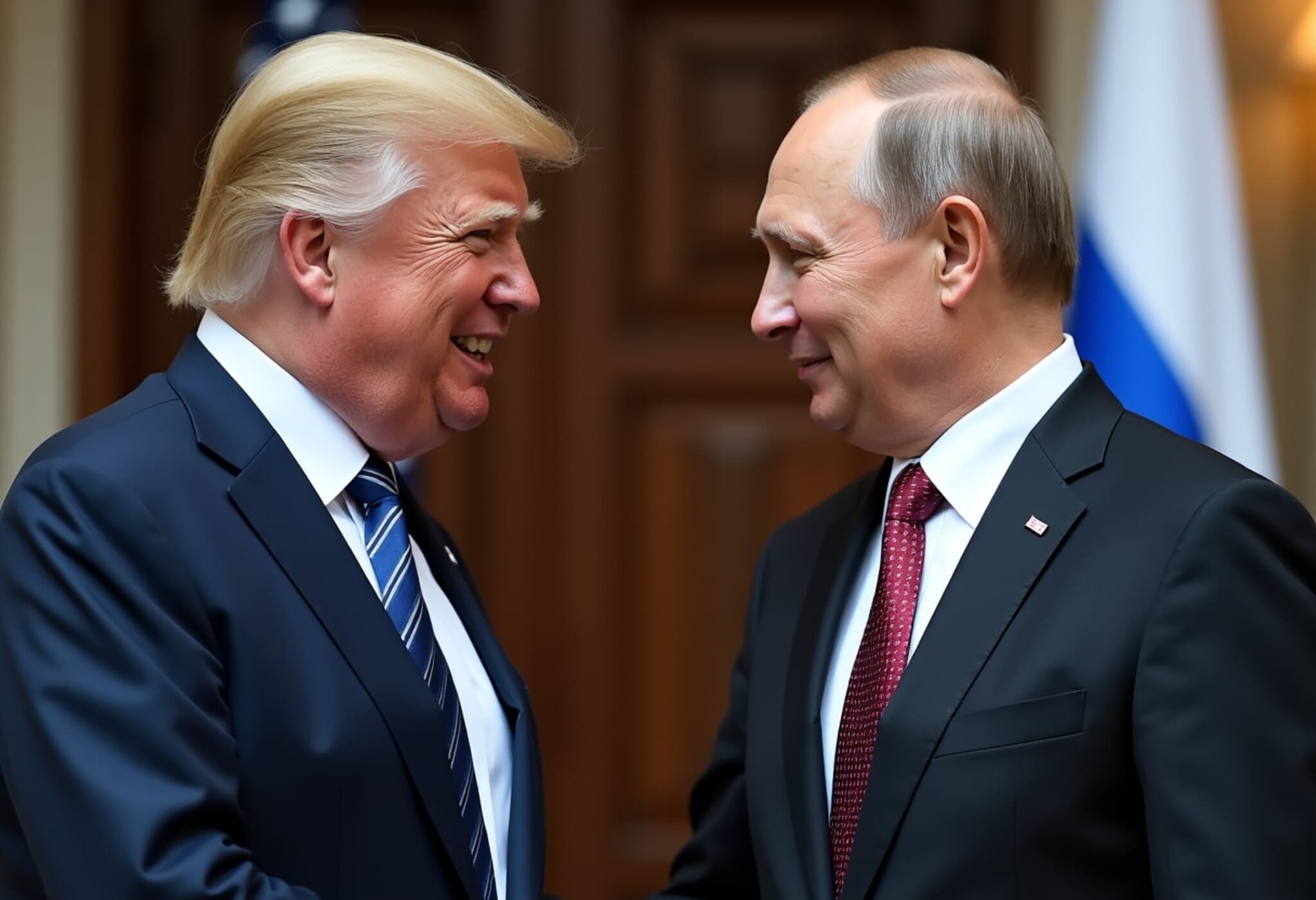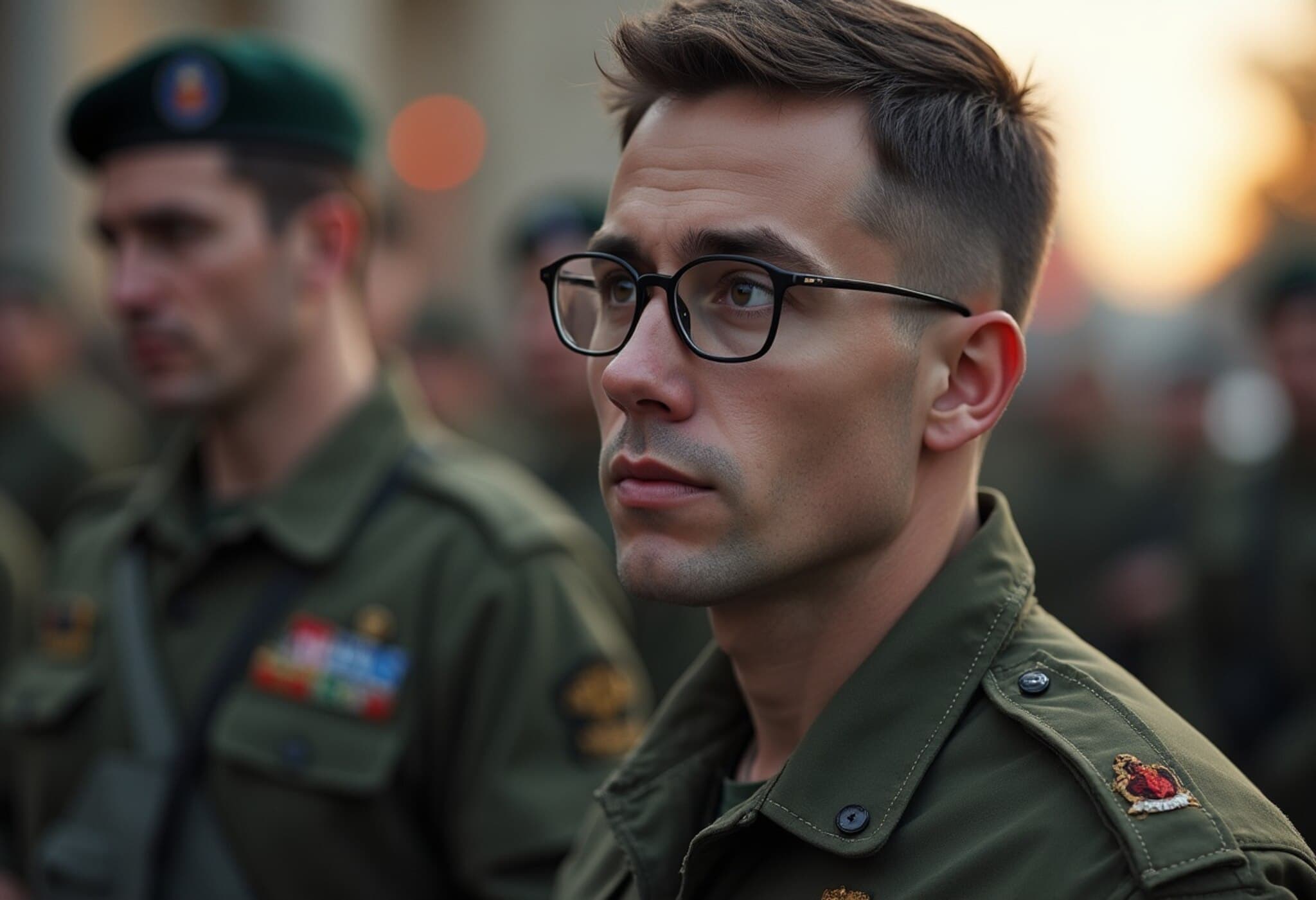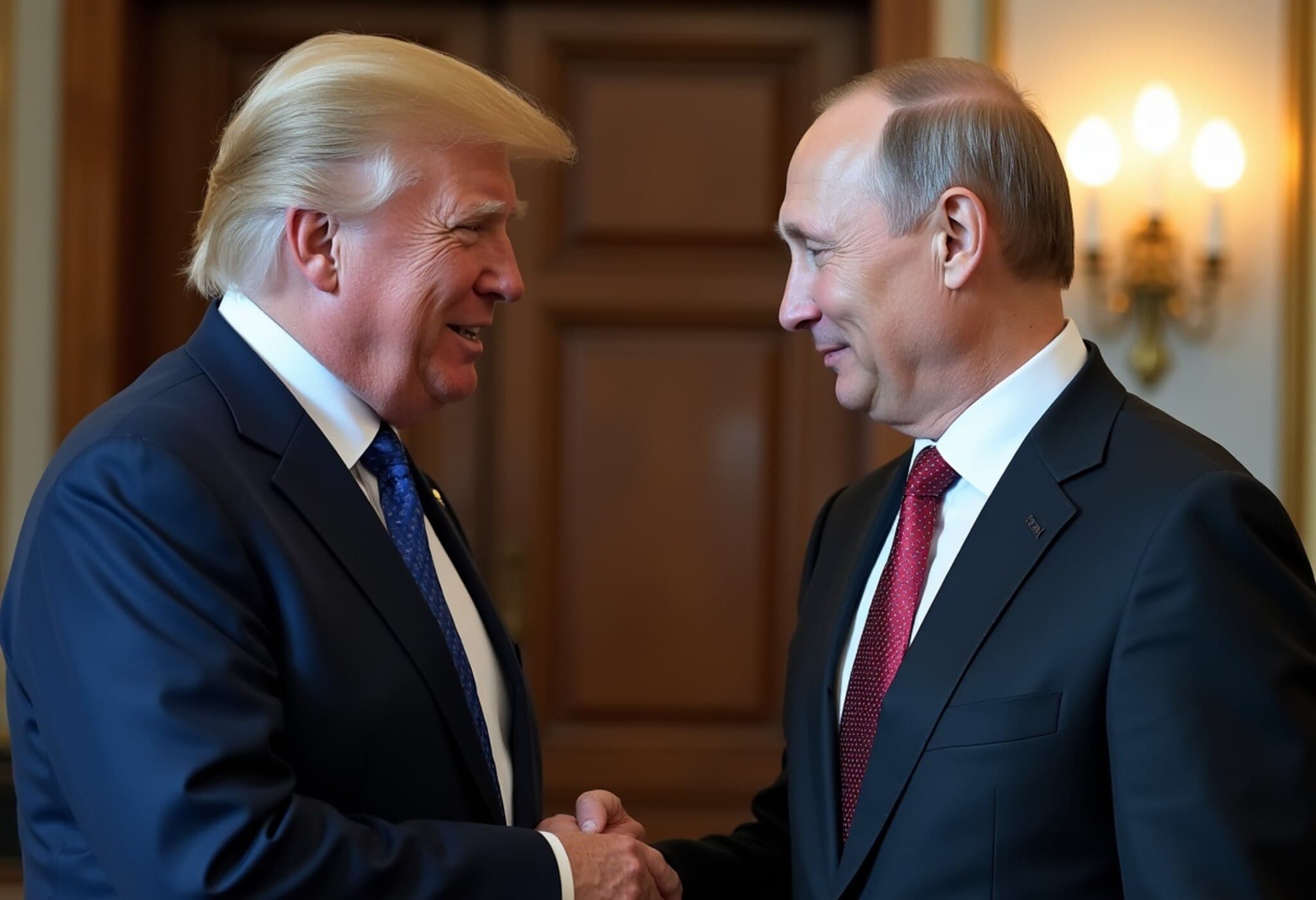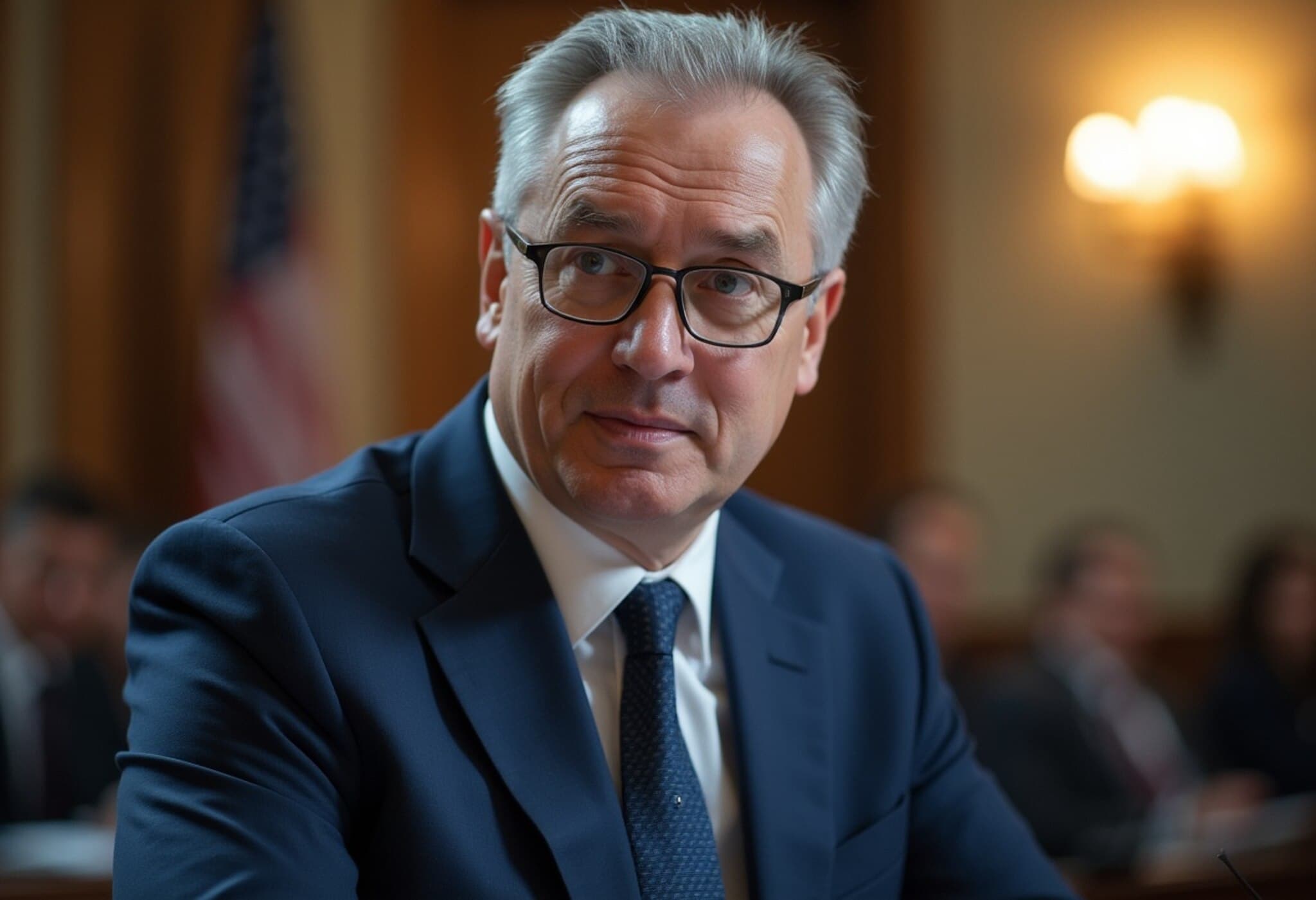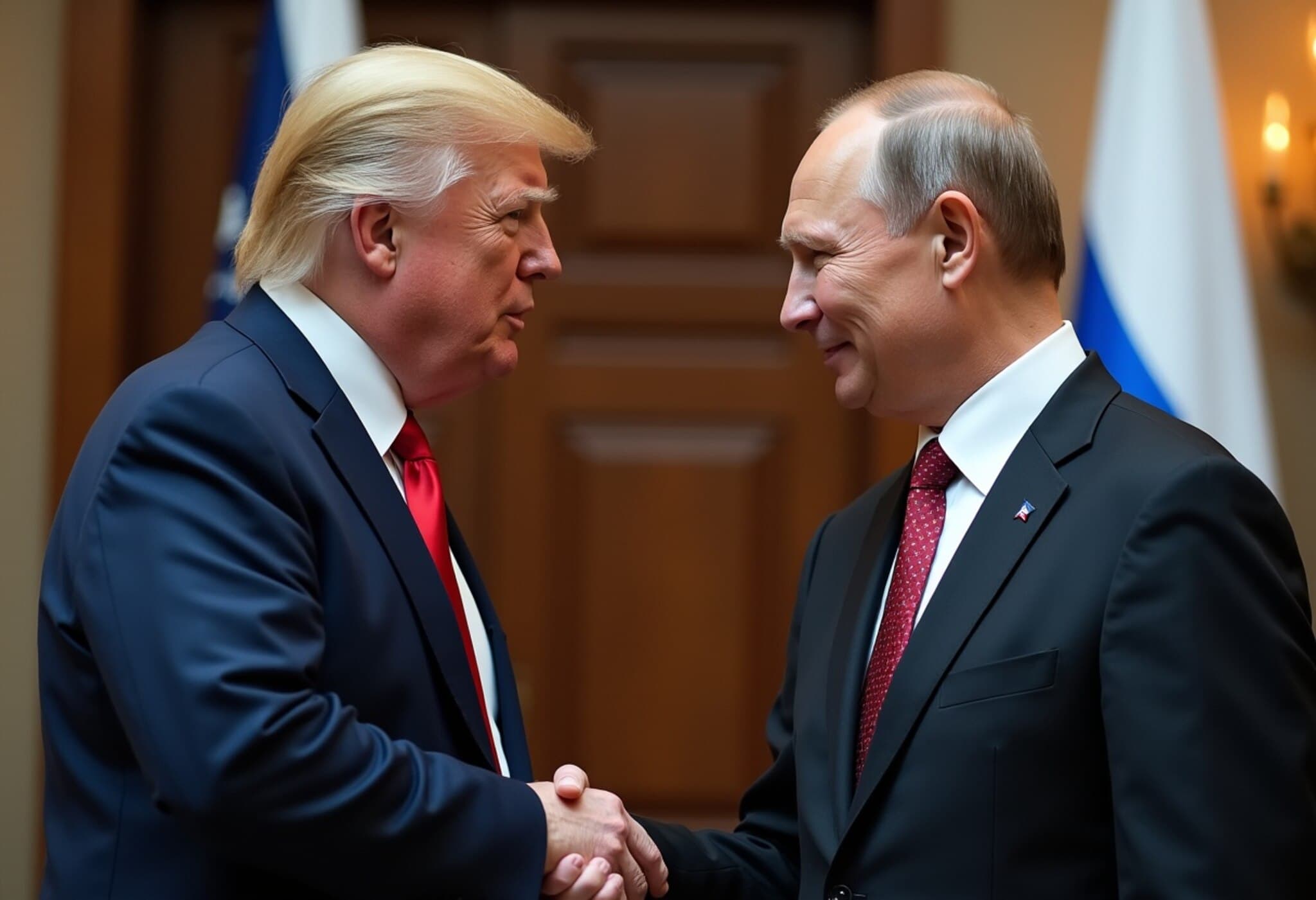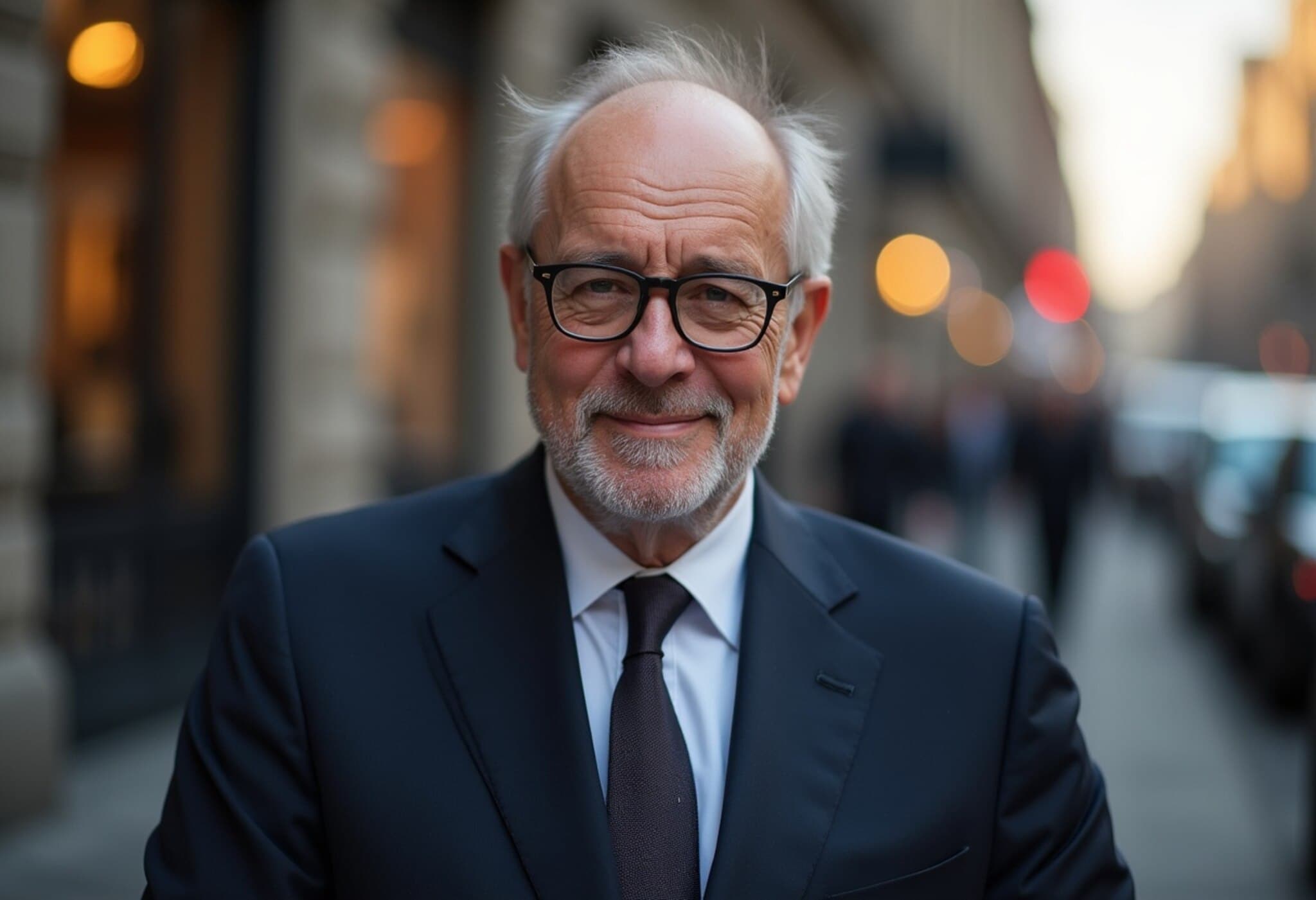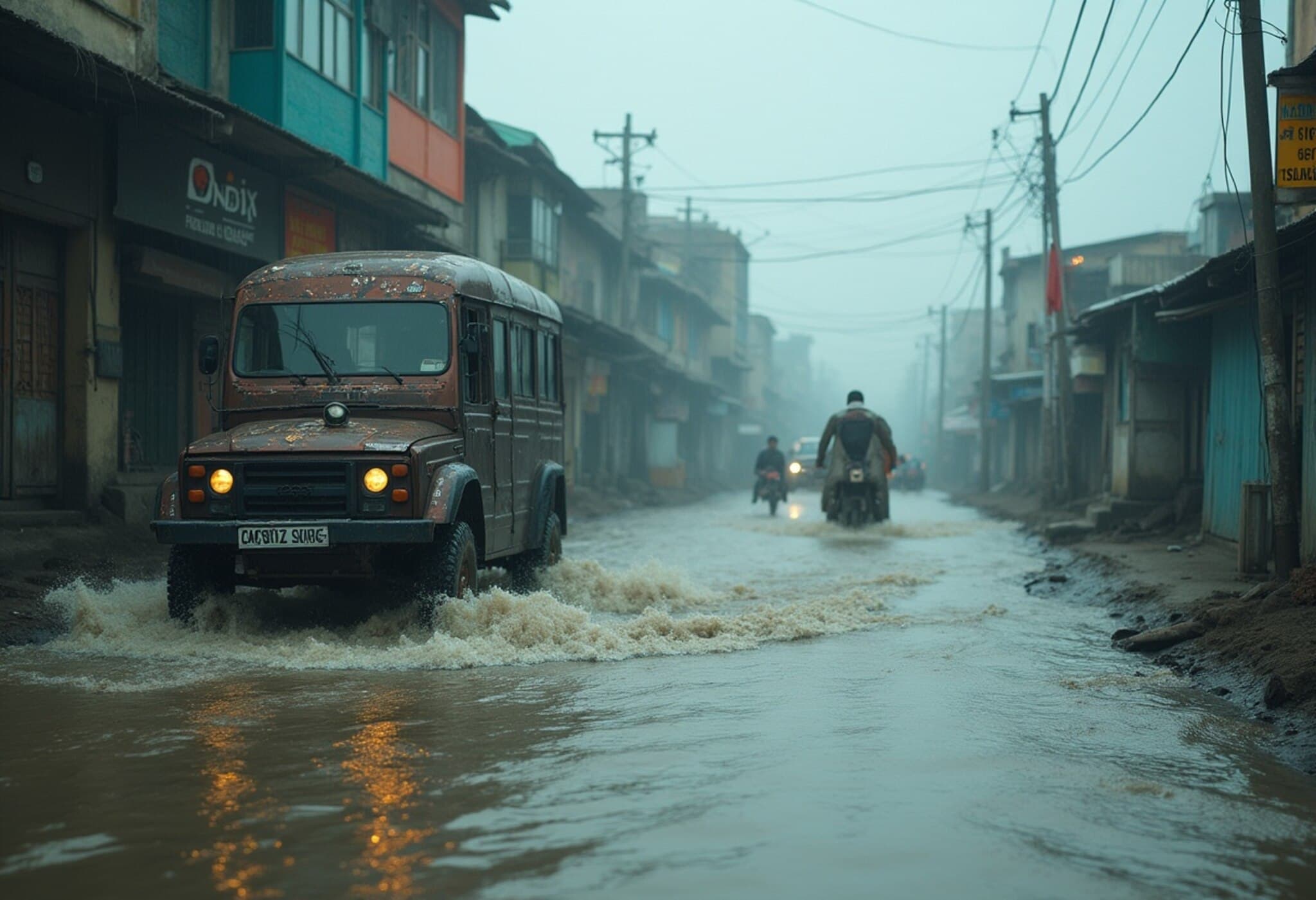Russia's Lavrov Accuses Europe of Fueling Ukraine Conflict
On August 25, 2025, Russian Foreign Minister Sergey Lavrov leveled sharp criticism against European nations, accusing them of deliberately prolonging the ongoing war in Ukraine. Speaking to NBC News, Lavrov insisted that Europe "does not want peace" in the region, framing the continent's actions as a barrier to diplomatic resolution.
Amid rising tensions, Lavrov denied Russian strikes on civilian targets, challenging narratives presented by Western media. He further argued that former U.S. President Donald Trump, along with himself, desires peace in Ukraine, contrasting this with European leaders who recently accompanied Ukrainian President Volodymyr Zelenskyy during White House talks.
Lavrov's Perspective on International Diplomacy
Lavrov remarked, "We want peace in Ukraine. He wants, President Trump wants, peace in Ukraine." He suggested that recent European diplomatic efforts following Washington's meetings signal a lack of genuine commitment to peace processes. In his view, these efforts serve to block negotiations and prolong the conflict.
Responding to U.S. warnings of "massive sanctions or massive tariffs or both" against Moscow, Lavrov dismissed the threats, affirming that Russian President Vladimir Putin seeks peace and shares mutual respect with Trump.
Zelenskyy Calls for Direct Talks with Putin Amid Ongoing Conflict
Contrasting Lavrov’s assertions, President Volodymyr Zelenskyy reiterated the importance of face-to-face dialogue with President Putin as the “most effective way forward.” Speaking on Ukraine’s Independence Day, Zelenskyy emphasized the crucial nature of a bilateral summit, viewing it as a pathway toward potentially ending hostilities.
Ukrainian military successes provided context to Zelenskyy's call: three villages in the Donetsk region, a focal point of intense fighting, were recently recaptured from Russian control. Additionally, Ukraine’s drone strikes have escalated tensions, including an incident that caused a fire at a Russian nuclear power plant — an event raising international safety concerns.
Clashing Narratives and Diplomatic Challenges
Lavrov accused Western countries of seeking excuses to block meaningful negotiations, specifically criticizing Zelenskyy for demanding an "immediate meeting at all costs." Meanwhile, Zelenskyy, acknowledging Western support, awarded the Ukrainian Order of Merit to the U.S. envoy present at the Independence Day ceremony, underscoring close ties with the West amidst the conflict.
Ukrainian Commander-in-Chief Oleksandr Syrsky highlighted continued progress in reclaiming territory, maintaining a cautiously optimistic tone about the possibility of negotiations centered on Donetsk.
Expert Analysis: European Role and the U.S. Mediation Effort
The volley of accusations highlights the complex geopolitical chessboard involving Russia, Ukraine, Europe, and the United States. European nations, heavily invested in Ukraine’s sovereignty, appear reluctant to settle for peace terms perceived as unfavorable, while Russia paints them as spoilers.
Meanwhile, the U.S., straddling support for Kyiv with diplomatic overtures to Moscow, remains the key broker attempting to navigate these turbulent waters. Vice President JD Vance’s recent reaffirmation of the U.S.’s commitment to broker talks underscores Washington’s ongoing but delicate role.
Legal and policy experts note a significant challenge: the impasse reflects diverging national interests and narratives that complicate mediation efforts. Europe’s economic sanctions and political support for Ukraine aim to deter aggression but may also harden Russia’s position.
Looking Ahead: Peace Prospects and Unresolved Questions
- Will Putin and Zelenskyy agree to a summit despite deep mutual distrust?
- Can Europe shift from a position of confrontation to one facilitating dialogue?
- What role should the U.S. play in balancing sanctions with diplomatic engagement?
- How will ongoing military developments impact the willingness to negotiate?
The stakes are high. A fragile balance exists between diplomatic maneuvering and battlefield realities, with civilian lives hanging in the balance.
Editor's Note
This complex conflict continues to reveal the fractured global order where competing interests and narratives challenge peace efforts. While Lavrov’s accusations spotlight Europe's role, Zelenskyy's calls for talks emphasize an urgent need for dialogue — a reminder that beyond politics and strategy, human lives demand resolution. As this situation evolves, stakeholders must question whether entrenched positions overshadow the opportunity for lasting peace or pave a path toward continued turmoil.

